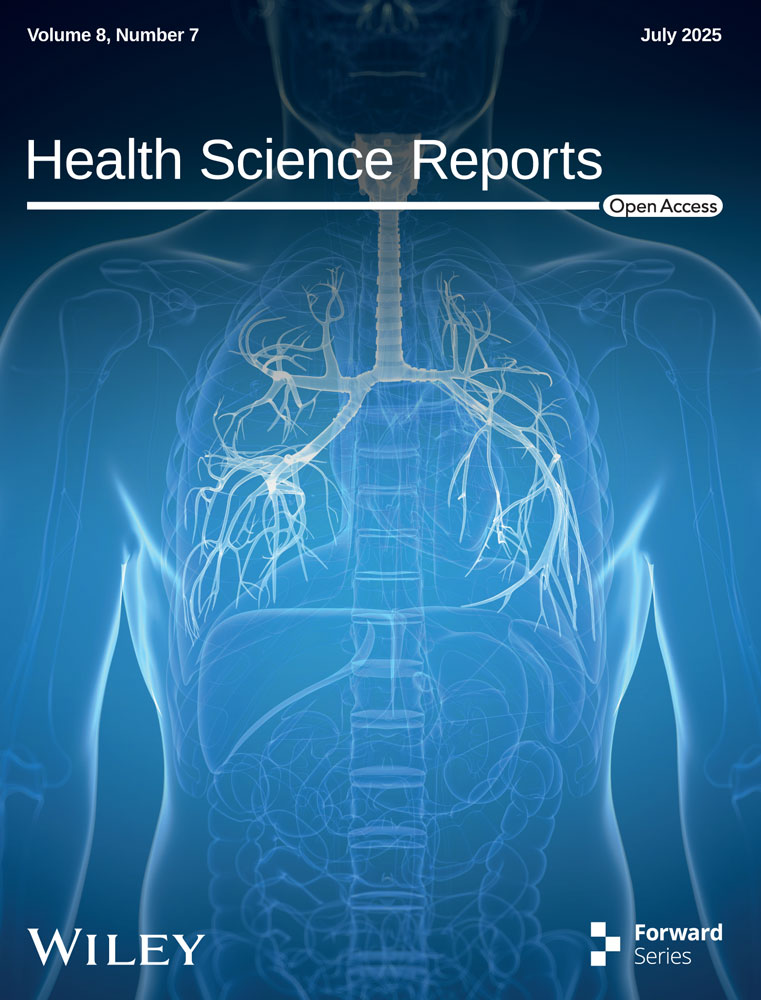Daily Diary Smartphone Assessment of Subjective Cognitive Concerns in Motoric Cognitive Risk Syndrome: A Pilot Study
Aspects of this manuscript were presented at the International Neuropsychological Society 52nd Annual North American Meeting in New York City, NY, USA in February 2024.
ABSTRACT
Background and Aims
Motoric cognitive risk syndrome (MCR), a predementia condition that combines slow gait speed and subjective cognitive concerns (SCC), has broad diagnostic accessibility in resource poor settings as it is inexpensive and simple to diagnose. The ability to diagnose MCR remotely via smartphone would further increase the convenience and applicability of this syndrome. In this pilot study, we investigated the feasibility of implementing daily dairy reported SCC via smartphone in diverse individuals with MCR. Study aims included: (1) examine smartphone SCC to detect clinical status in MCR, (2) investigate the association of smartphone SCC with traditional in-clinic SCC measures; and (3) compare the relative ability of smartphone and in-clinic SCC to detect clinical status in MCR.
Methods
Einstein Aging Study participants (N = 247, Mage = 77.49 ± 4.82, %female = 66, Meducation = 15.18 ± 3.65, %non-Hispanic white = 47, %non-Hispanic black = 39) completed the daily memory lapses checklist via smartphone (14-day daily dairy assessment of in vivo experiences of SCC) and a traditional in-person assessment of SCC (the cognitive change index) at annual study visits. Gait assessment and MCR diagnosis were assigned at baseline in-person assessment (MCR, n = 36). Clinical status was determined through clinical dementia rating scale sum of boxes. Linear mixed-effects models tested the association between smartphone based and in-person SCC measures with clinical status, controlling for covariates.
Results
Smartphone and in-person SCC measures were highly correlated. We found significant associations between SCC and clinical status for both smartphone and in-person SCC measures in MCR. Linear mixed-effects models revealed similar associations between smartphone-based and in-person SCC with clinical status.
Conclustion
Results represent a step toward viability of remote, smartphone-based assessment of SCC in MCR. Findings illustrate the merit of future research exploring a fully remote MCR diagnosis, with implications for dissemination of MCR in underserved, remote settings and more equitable access to early dementia detection in diverse populations.
Conflicts of Interest
The authors declare no conflicts of interest.
Open Research
Data Availability Statement
The data that support the findings of this study are available from the corresponding author upon reasonable request.




